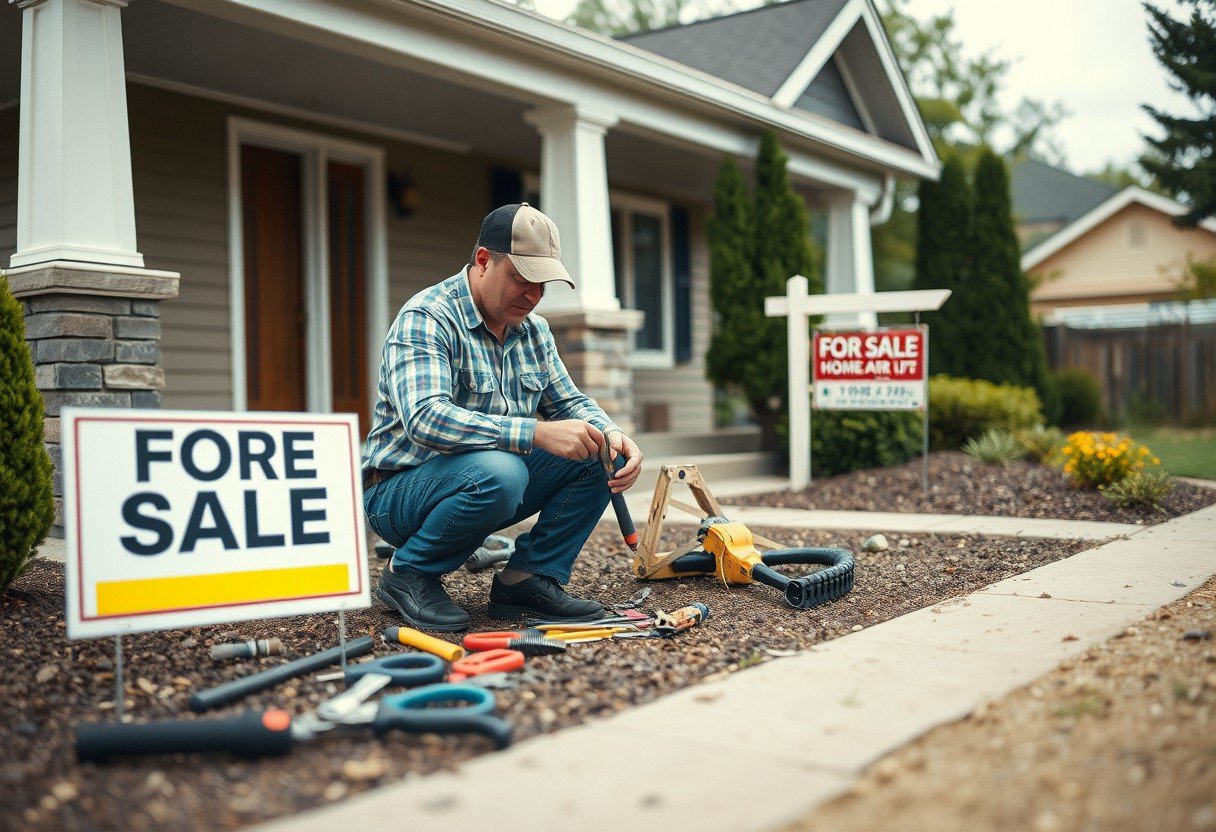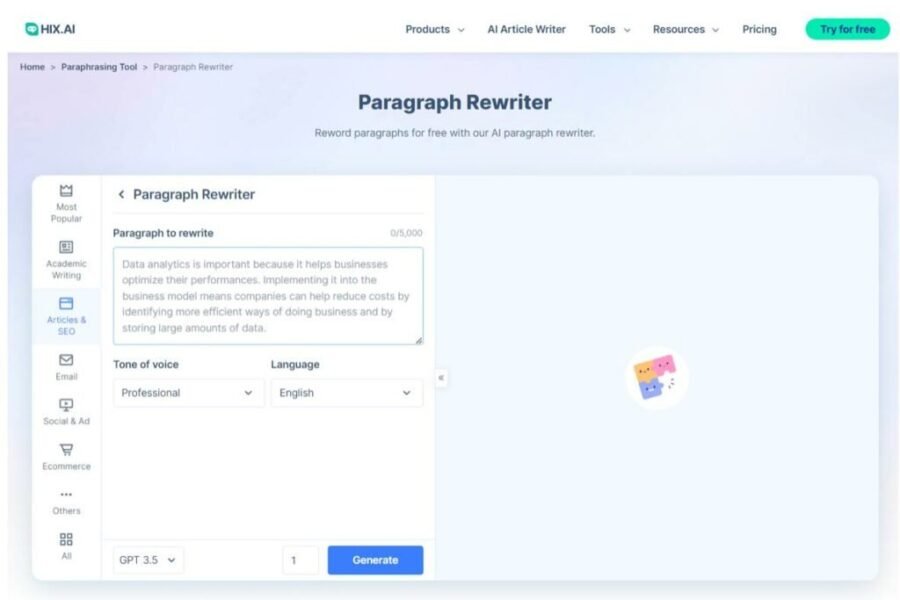Making an offer on a home is exciting, but it’s also a massive financial commitment. That’s why including a home inspection contingency is one of the smartest moves you can make. This simple clause gives you the power to hire a professional to uncover any hidden issues with the property before you finalize the purchase. It protects your investment, provides crucial peace of mind, and can save you from costly surprises after you move in.
What is a Home Inspection Contingency?
A home inspection contingency is a clause added to your real estate purchase offer. It states that your offer is conditional upon the results of a professional home inspection. This means if the inspection uncovers significant problems, you have the right to renegotiate the terms of the deal or walk away entirely without losing your deposit.
This is a standard and highly recommended safeguard for any home buyer. It provides you with a designated period, typically 7 to 10 days, to have the property thoroughly examined by a qualified inspector.
Think of it as a critical safety net. Without this contingency, you would be contractually obligated to buy the home regardless of any issues discovered later. This clause ensures you are making an informed decision based on the true condition of the property, not just what you can see on the surface.
Uncovering Hidden Problems Before You Buy
During a typical showing, you might notice the new paint or updated kitchen, but you won’t see potential problems lurking behind walls, in the attic, or under the foundation. A professional home inspector is trained to spot issues that are invisible to the untrained eye.
These experts systematically evaluate the home’s most important systems and components. They check the plumbing for leaks, the electrical panel for safety hazards, the HVAC system for proper function, and the roof for signs of wear.
Structural problems are among the most serious and expensive issues an inspection can reveal. An inspector can identify foundation cracks, framing issues, or a sagging roofline that could signal a major financial headache. Finding these problems before you buy protects you from purchasing a home that could become a money pit. Safety is another huge factor, as an inspection can uncover hazards like faulty wiring, improper ventilation, or the presence of mold.
Gaining Powerful Negotiation Leverage
The home inspection report is more than just a list of the property’s flaws; it’s a powerful negotiation tool. Once you have a detailed, objective report from a professional, you are no longer negotiating based on emotion or appearances. You are negotiating based on facts.
If the inspection reveals necessary repairs, you have several options. You can present the findings to the seller and:
- Request that they complete the repairs before the closing date.
- Negotiate a lower purchase price to compensate for the cost of future repairs.
- Ask for a seller credit at closing to cover the cost of the work.
This leverage is invaluable. In a situation where the seller is unwilling to negotiate or the problems are too severe, the contingency gives you the ultimate power. It allows you to walk away from the deal without penalty, protecting your financial interests.
The Financial Impact of Skipping an Inspection
While it may be tempting to skip an inspection to save a few hundred dollars or make your offer more competitive, the financial risk is enormous. The upfront cost of an inspection is tiny compared to the potential cost of unforeseen repairs. A new roof can cost over $10,000, and foundation repairs can easily exceed $20,000.
By identifying these issues beforehand, you ensure the price you pay is fair and reflects the home’s actual condition. A property with a failing HVAC system or outdated plumbing is not worth the same as a well-maintained home. An inspection confirms that the home’s value aligns with your investment.
Types of Inspections to Consider
While a general home inspection covers the major systems, sometimes a property’s age or specific red flags may call for a more specialized evaluation. Understanding these different types of inspections can help you address specific concerns you might have.
It’s wise to consider specialized inspections for older homes or if the general inspector recommends a closer look at a particular system. Each one provides another layer of protection for your investment.
| Inspection Type | What It Covers |
|---|---|
| General Home Inspection | A comprehensive overview of the property’s major systems and structure. |
| Pest Inspection | Checks for infestations like termites, carpenter ants, and other wood-destroying insects. |
| Radon Inspection | Tests for the presence of radon, a harmful radioactive gas. |
| Electrical Inspection | A deep dive into the safety and code compliance of the electrical system. |
| Roof Inspection | Assesses the condition, lifespan, and integrity of the roof. |
Choosing a Qualified Home Inspector
The value of an inspection depends entirely on the skill and thoroughness of the inspector. Don’t just pick the cheapest option. Look for a certified professional with a strong reputation and extensive experience in your local area.
Verify their credentials. Reputable inspectors are often certified by national organizations like the American Society of Home Inspectors (ASHI) or the International Association of Certified Home Inspectors (InterNACHI). These certifications mean they have met rigorous training and ethical standards.
Before hiring an inspector, be sure to ask them some key questions to gauge their expertise and process. An effective inspector will be transparent and happy to provide you with the information you need to feel confident in their services.
What to Expect During the Inspection Process
On the day of the inspection, the inspector will spend several hours meticulously examining the property from top to bottom. They will assess everything from the foundation to the roof, including all major interior systems like plumbing, electrical, and heating and cooling.
You should plan to attend the inspection, especially toward the end. Walking through the property with the inspector allows you to see any issues firsthand and ask questions in real-time. This is an incredible learning opportunity that helps you understand your potential new home on a much deeper level.
Within a day or two, you will receive a comprehensive written report. This document will detail all of the inspector’s findings, complete with photos, descriptions of any problems, and recommendations for repairs or monitoring. This report will be the basis for any negotiations you choose to pursue with the seller.
Frequently Asked Questions about Home Inspections
What is the main reason for making an offer contingent on a professional home inspection?
The primary reason is to protect yourself from buying a property with serious, costly, or dangerous hidden defects. It gives you the chance to learn about the home’s true condition and back out of the deal if the problems are too significant.
What happens if the home inspection reveals major problems?
If significant issues are found, you have several options. You can ask the seller to make the repairs, negotiate a lower price or credits to cover the repair costs, or you can cancel the contract entirely, thanks to the inspection contingency.
Can a seller refuse a home inspection?
A seller can refuse to accept an offer that includes an inspection contingency. However, in most markets, this is a major red flag for buyers, as it suggests the seller may be trying to hide known issues with the property.
How long does a home inspection typically take?
A typical home inspection lasts between 2 to 4 hours, depending on the size, age, and condition of the home. The inspector needs this time to be thorough in their evaluation of all major systems and components.
Should I attend the home inspection?
Yes, it is highly recommended that you attend the inspection, or at least the final portion of it. This allows you to speak directly with the inspector, ask questions, and see any potential issues for yourself, which provides valuable context beyond the written report.









Leave a Comment